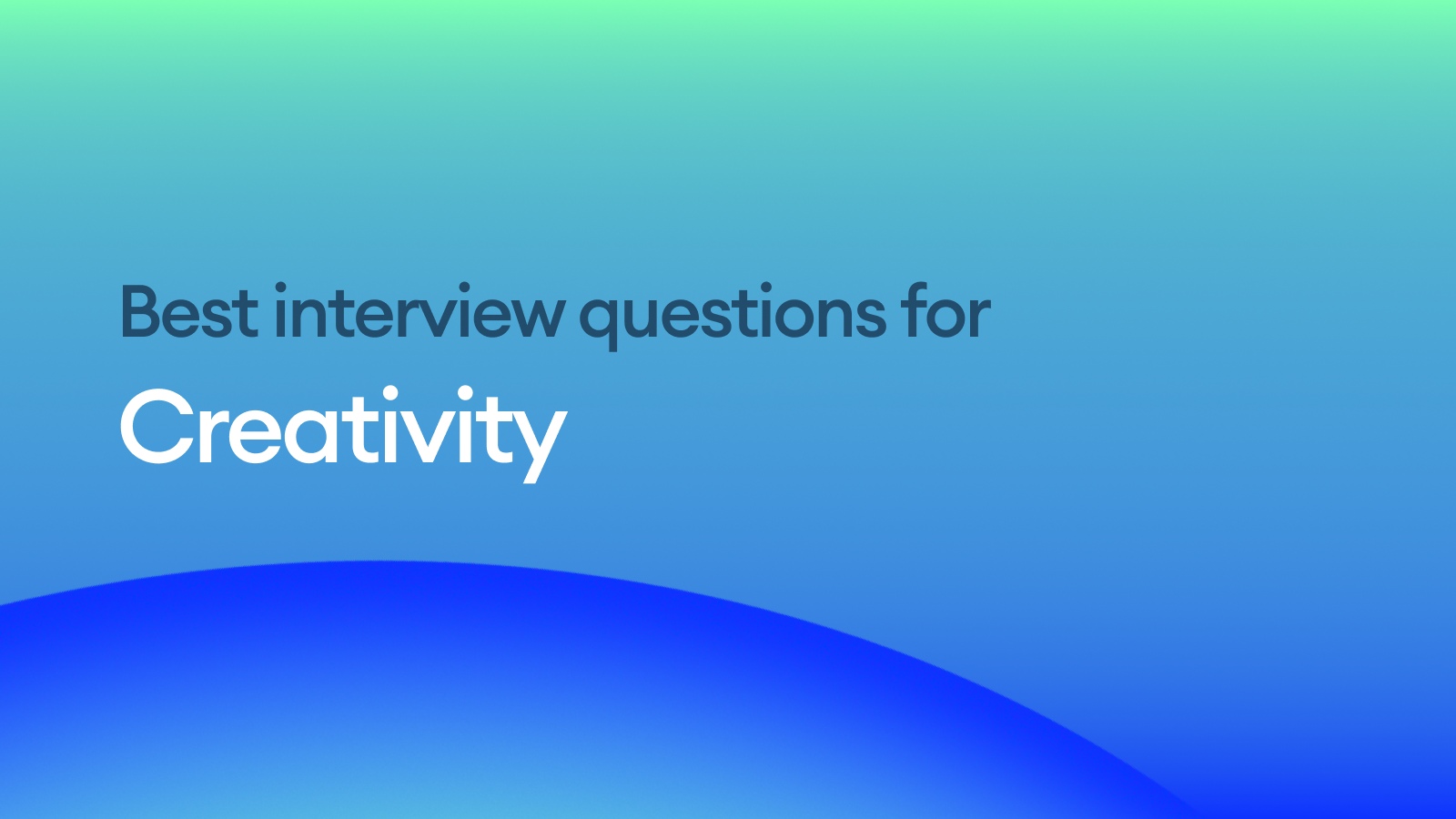Creativity always stands out in an employee. Employers are not only looking for individuals who can perform tasks efficiently but also those who can bring fresh perspectives, innovative ideas, and solutions to the table. Assessing creativity during the interview process helps organizations identify candidates who can drive growth, adapt to change, and foster a culture of continuous improvement. This article explores some of the best interview questions to evaluate creativity, what to look for in candidate responses, and effective tips for assessing creative potential during hiring.
Creativity Interview Questions
- Can you describe a time when you came up with a unique solution to a challenging problem?
- How do you stay inspired and ensure your ideas remain fresh?
- Tell me about a project where you had to think outside the box. What was the outcome?
- How do you handle situations where you need to be creative under tight deadlines?
- Can you give an example of how you have used creativity to improve a process or product?
- What strategies do you use to generate new ideas?
- Describe a time when your creative idea was not well received. How did you handle it?
- How do you balance creativity with practical constraints in your work?
- What role does collaboration play in your creative process?
- How do you incorporate feedback into your creative work?
What to Look for in Answers
- Demonstration of Originality: Candidates should showcase unique and original thinking, presenting ideas that are not commonplace.
- Problem-Solving Ability: Look for how candidates approach challenges creatively to find effective solutions.
- Adaptability: Assess how candidates adjust their creative processes in different situations or in response to feedback.
- Process Description: Candidates should be able to articulate their creative process, including methods for brainstorming and idea generation.
- Impact and Results: Evaluate the tangible outcomes of their creative efforts, such as improvements, innovations, or successful project completions.
- Resilience: Notice how candidates handle setbacks or criticism related to their creative ideas.
- Collaboration Skills: Understanding how candidates work with others to enhance creativity can indicate their ability to contribute to team dynamics.
- Balance Between Creativity and Practicality: Assess how candidates ensure their creative ideas are feasible and align with organizational goals.
Tips for Evaluating Creativity During the Hiring Process
- Use Open-Ended Questions: Encourage candidates to elaborate on their experiences and thought processes by asking questions that cannot be answered with a simple yes or no.
- Assess Past Experiences: Examine candidates’ past projects and achievements for evidence of creative thinking and innovation.
- Look for Diverse Thinking Styles: Value candidates who bring different perspectives and approaches to problem-solving.
- Incorporate Practical Exercises: Include tasks or scenarios in the interview that require creative thinking to assess candidates’ abilities in real-time.
- Evaluate Communication Skills: Effective creativity often relies on the ability to communicate ideas clearly and persuasively.
- Consider Cultural Fit: Ensure that a candidate’s creative style aligns with the company’s culture and values.
- Seek Evidence of Continuous Learning: Candidates who seek out new knowledge and experiences are more likely to bring creative ideas to the organization.
- Observe Enthusiasm and Passion: Passionate individuals are often more driven to pursue and implement creative ideas.
- Collaborative vs. Independent Creativity: Understand whether a candidate excels in team-based creative environments or prefers working independently.
- Balance Creativity with Other Skills: While creativity is important, ensure that candidates also possess the necessary technical and interpersonal skills for the role.
Summary
Assessing creativity during the hiring process is essential for organizations seeking to innovate and stay ahead in their industries. By asking targeted interview questions and carefully evaluating candidate responses, employers can identify individuals who not only possess creative potential but also align with the company’s objectives and culture. Remember to look for originality, problem-solving abilities, adaptability, and the impact of past creative efforts. Additionally, incorporating practical exercises and evaluating how candidates communicate and collaborate will provide deeper insights into their creative capabilities. Ultimately, a thorough evaluation process ensures that you select candidates who will contribute creatively and drive your organization towards continued success.


